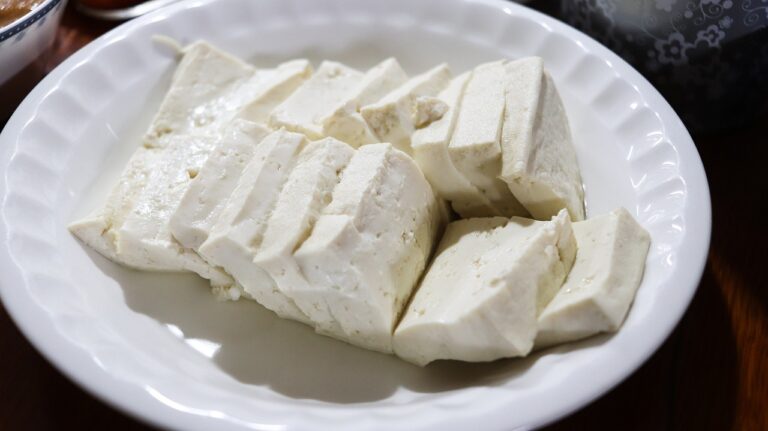Trends in Functional Wines
all panel 777.com login, laserbook247, 99exch:When it comes to wine, most people think of the traditional red, white, or ros頯ptions. However, in recent years, there has been a growing trend towards functional wines. These wines are not only delicious but also offer additional health benefits or unique ingredients that set them apart from your average bottle.
Functional wines can include ingredients such as herbs, botanicals, vitamins, and minerals that offer various health benefits. They can also be infused with superfoods like acai, turmeric, or matcha for an added nutritional boost. With consumers becoming more health-conscious and looking for ways to incorporate wellness into their daily routines, functional wines have become increasingly popular.
In this article, we will explore some of the current trends in functional wines and why they are taking the wine industry by storm.
Clean Label Wines:
One of the biggest trends in the wine industry right now is clean label wines. These wines are made with minimal additives and preservatives, making them a healthier option for consumers. Clean label wines often focus on organic or sustainably sourced ingredients, ensuring that you know exactly what you are putting into your body when you enjoy a glass.
Low-Calorie Wines:
As more people look to reduce their calorie intake without sacrificing flavor, low-calorie wines have become a popular choice. These wines are typically lower in alcohol content and sugar, making them a lighter option for those watching their waistline. With the rise of wellness culture, low-calorie wines are a trend that is likely to continue to grow in popularity.
CBD-Infused Wines:
CBD-infused products have been gaining traction in recent years for their potential health benefits, and wine is no exception. CBD-infused wines offer a unique way to relax and unwind while enjoying the potential therapeutic effects of CBD. These wines are non-psychoactive, meaning they won’t get you high, but can help promote relaxation and reduce stress.
Biodynamic Wines:
Biodynamic wines take organic farming to the next level by following the principles of biodynamic agriculture. This approach treats the vineyard as a holistic ecosystem, taking into account the lunar calendar and other natural cycles to ensure that the grapes are grown in harmony with nature. Biodynamic wines are often seen as a more ethical and sustainable option for consumers who care about the environment.
Natural Wines:
Natural wines are made with minimal intervention, allowing the grapes to shine through without the use of additives or chemicals. These wines are often fermented using wild yeast and are unfiltered, giving them a unique and complex flavor profile. Natural wines have gained a cult following among wine enthusiasts who appreciate the authenticity and terroir-driven characteristics of these wines.
Sustainable Packaging:
In addition to what’s inside the bottle, consumers are also paying attention to how their wine is packaged. Sustainable packaging, such as cans, boxes, or lightweight glass bottles, has become increasingly popular as people look for ways to reduce their carbon footprint. Brands that prioritize sustainability and eco-friendly practices are likely to resonate with consumers who are conscious of their environmental impact.
Functional wines are a growing trend in the wine industry, offering consumers a unique and health-conscious option when it comes to enjoying a glass of wine. Whether you’re looking for a clean label wine, a CBD-infused option, or a biodynamic bottle, there is a functional wine out there to suit your taste and preferences. So why not raise a glass to your health and try a functional wine today?
FAQs:
Q: Are functional wines only for health-conscious individuals?
A: While functional wines do offer additional health benefits, they can be enjoyed by anyone looking to try something new and exciting in the world of wine.
Q: Can I find functional wines at my local wine shop?
A: Functional wines are becoming more accessible and can often be found at specialty wine shops, online retailers, or directly from the producer.
Q: Are functional wines more expensive than traditional wines?
A: Functional wines can vary in price depending on the ingredients and production methods used. Some functional wines may be more expensive, but there are also affordable options available for those on a budget.
Q: Can functional wines help with specific health conditions?
A: While functional wines may contain ingredients that offer health benefits, they are not intended to treat, cure, or prevent any specific health conditions. It’s always best to consult with a healthcare professional for personalized health advice.







